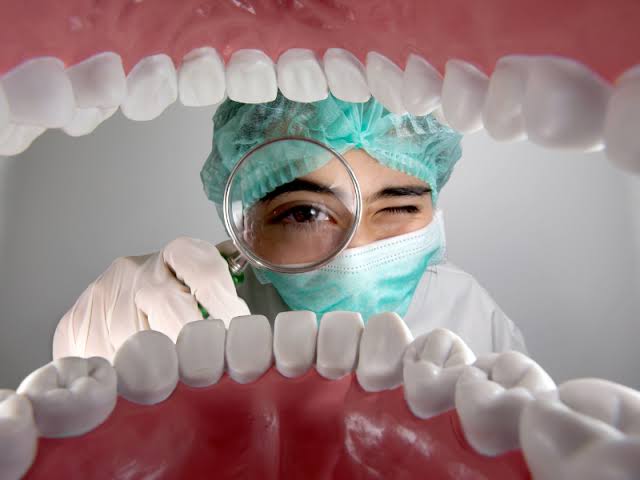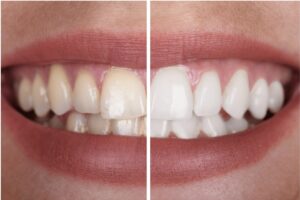Oral Health and Mental Health: The Overlooked Connection You Need to Know

Oral Health and Mental Health: The Overlooked Connection You Need to Know
Surveys show nearly 70% of people with noticeable dental problems avoid social events. That’s a mental health issue.
We often separate physical health from mental health—and dental care from both. But the truth is, oral health is deeply connected to how we think, feel, and live. It’s not just about teeth—it’s about well-being, confidence, and quality of life.
People assume dental problems stay in the mouth. They don’t. Infections can spread. Inflammation can affect the whole body. Pain interferes with sleep. And slowly, mental health starts to suffer.
More Than Just a Smile
A healthy smile is more than straight teeth or fresh breath. Behind every untreated cavity or persistent gum issue is often a story of chronic stress, missed work, anxiety, and emotional pain.
Poor dental health has ripple effects:
Kids missing school.
Adults skipping work.
Families dealing with oral cancers caused by tobacco, facing emotional and financial strain.
The Emotional Cost of Dental Neglect
Your mouth affects more than your ability to eat or speak—it impacts how you show up in the world. Pain can erode self-esteem. Discomfort can disturb sleep. Shame can lead to isolation.
People with visible dental issues often avoid talking, smiling, or even being photographed. A damaged smile isn’t about vanity—it’s about identity, confidence, and human connection.
The Science Behind the Connection
Bacteria and the brain: In people with gum disease, harmful bacteria can enter the bloodstream—and have even been found in the brains of Alzheimer’s patients.
Chronic pain and mental strain: Long-term dental pain can increase stress, reduce focus, and raise the risk of depression and anxiety.
Behavioral impact: Embarrassment over dental issues causes many to withdraw socially, affecting relationships, careers, and confidence.
Mental Health Affects Dental Health, Too
The relationship is two-way. Struggles like depression or anxiety often lead to dental neglect. When brushing your teeth feels overwhelming, oral health deteriorates—and the shame and discomfort that follow deepen the mental health toll.
Bruxism, or teeth grinding, especially at night, is now common among students and working professionals. It leads to headaches, jaw pain, worn enamel, and disturbed sleep—impacting performance and mood.
Eating disorders like anorexia and bulimia cause serious damage to teeth from repeated vomiting and nutrient deficiencies. Those suffering often avoid smiling, photos, or social settings—deepening isolation.
The Price of Putting It Off
Dental care can be expensive. That’s why it’s often delayed. But small problems become big ones. What could’ve been a quick filling becomes a root canal—or worse.
Many avoid dentists due to fear or shame, especially if they’ve had painful past experiences. This silence creates a cycle: pain leads to anxiety, which leads to more delay, which leads to more pain.
What You Can Do Today
Brush and floss daily—not just for appearances, but for your health and peace of mind.
Pay attention to stress—jaw tension is often your body’s early warning sign.
Don’t wait for pain—preventive check-ups save time, money, and mental strain.
Speak up—talk about oral health at home, school, or work. Sharing reduces stigma and encourages action.
Your Smile Is More Than Cosmetic—It’s Foundational
Oral health isn’t a luxury—it’s a key part of mental and emotional wellness. When your mouth is healthy, you’re more likely to feel confident, focused, and at ease in your daily life.
Let’s stop treating dental care as optional. Let’s recognize it for what it really is: an essential part of being well.











